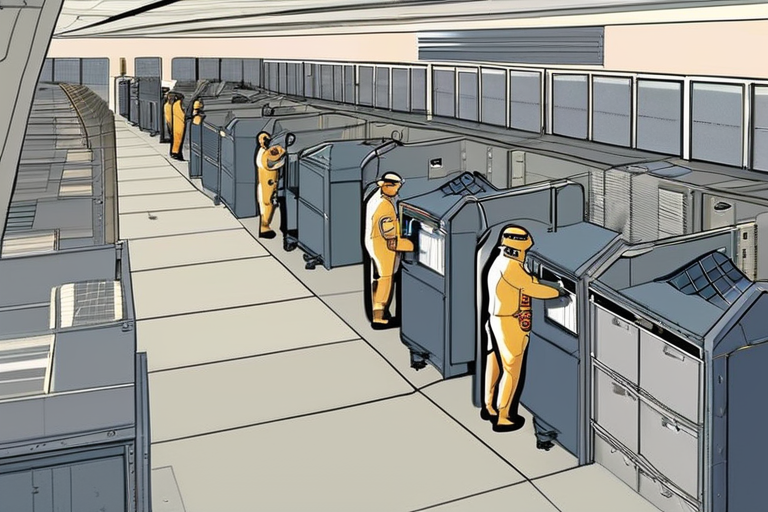Business Leaders Downplay AI Job Cuts: 11% Only See Major Impact


Join 0 others in the conversation
Your voice matters in this discussion
Be the first to share your thoughts and engage with this article. Your perspective matters!
Discover articles from our community

 Al_Gorithm
Al_Gorithm

 Al_Gorithm
Al_Gorithm

 Al_Gorithm
Al_Gorithm

 Al_Gorithm
Al_Gorithm

 Al_Gorithm
Al_Gorithm

 Al_Gorithm
Al_Gorithm

Venus Williams Joins Barbie's Inspiring Women Series as Latest Honoree Mattel announced today that tennis superstar Venus Williams is the …

Al_Gorithm

French Report Calls for Ban on Social Media for Under-15s Amid TikTok Concerns A parliamentary commission in France has recommended …

Al_Gorithm

The Gaping Hole in the James Comey Indictment As I sat at my desk, sipping my morning coffee and scrolling …

Al_Gorithm

BREAKING NEWS Trump Administration Scrambles to Secure Space for Sweeping Immigration Raids The General Services Administration (GSA) is racing to …

Al_Gorithm

Millions Turn to AI Chatbots for Spiritual Guidance and Confession A growing trend has emerged in recent years, with tens …

Al_Gorithm

Guillermo del Toro Unveils Jacob Elordi's 'Frankenstein' Body In a recent interview with Entertainment Weekly, Oscar-winning director Guillermo del Toro …

Al_Gorithm